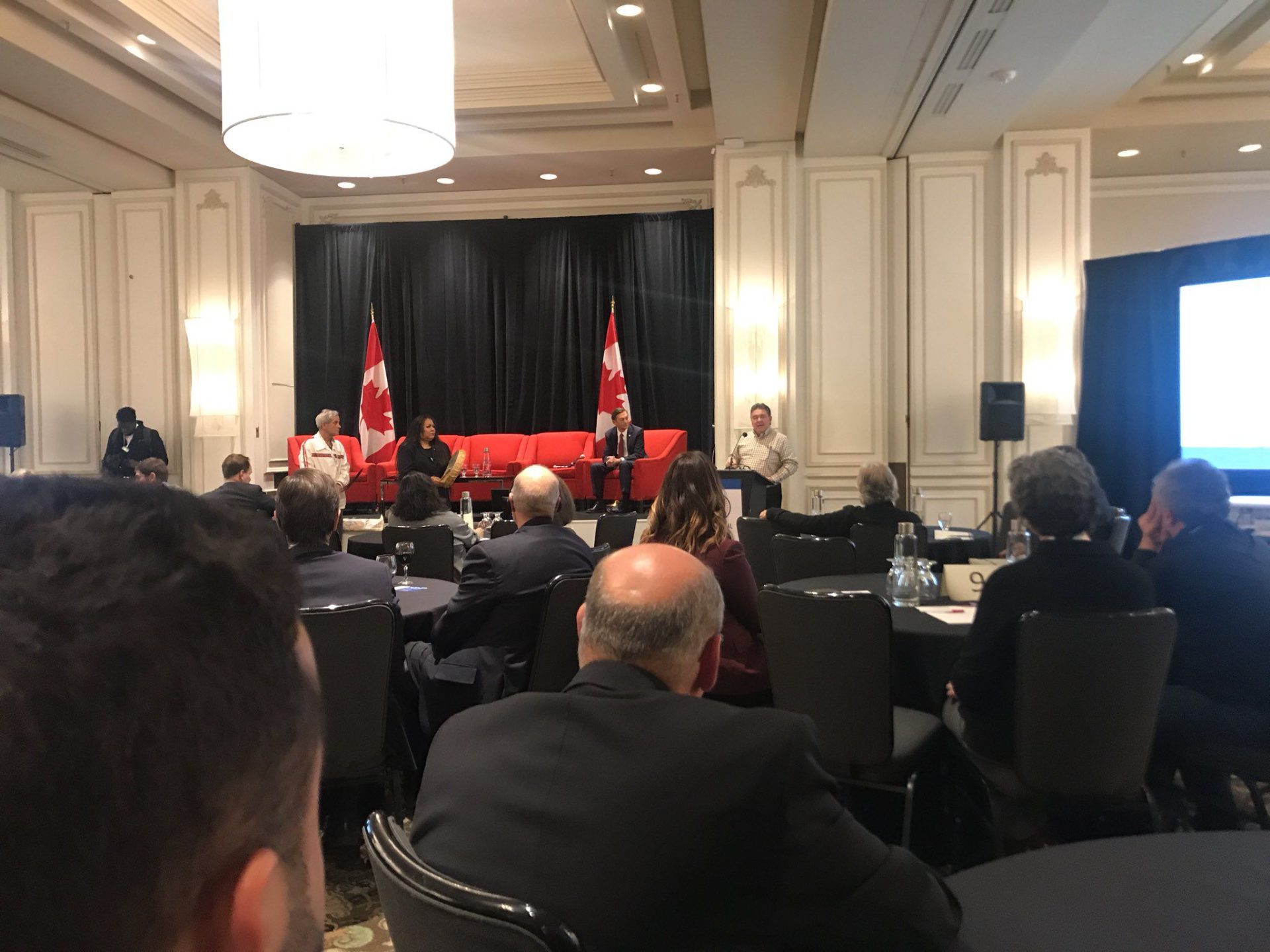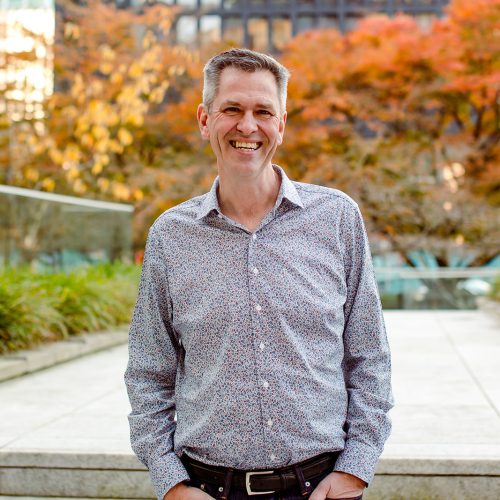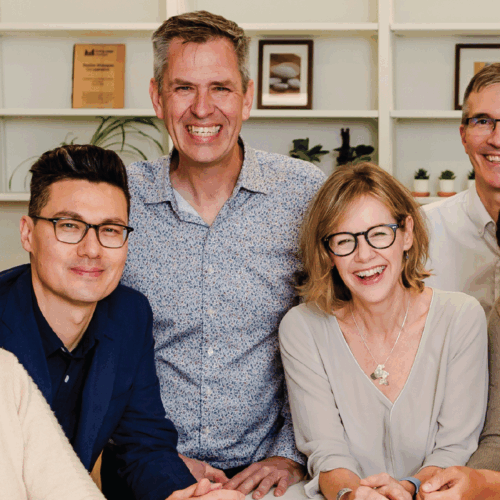Social Purchasing Lessons from The Buy Social Canada Summit
Published on December 28, 2017
Realize CEO John Kay shares his takeaway from the 2017 Buy Social Canada Summit.
Every day Canadians make thousands of purchases. Coffee. Paper. Clothing. But how often do we stop to think about the impact of our purchases? Who made those clothes? Who benefits from the purchase of a morning latte? The December holidays seem a fitting time to think about how our shopping choices impact our communities.
Purchasing is a choice. We can choose to buy local and keep money in our communities. We can choose to buy from multinational companies. Or, we can choose to support social enterprises – businesses that keep money in the community and work hard to address some of our most pressing social, economic and environmental challenges.
These questions were front and centre at the recent Buy Social Canada Summit held in Gatineau, Quebec. Over 100 social enterprise leaders, policy makers and thought leaders gathered for three days to explore the impact of social purchasing and social enterprise in communities across Canada. Through its AnchorTO program, the City of Toronto actively purchases from social enterprises – ensuring that its purchases have a positive impact in the community. In Vancouver, construction giant EllisDon teamed up with Embers – a social enterprise that provides construction training for individuals facing barriers to work – to help construct the Parq casino project. Using a model known as a community benefit agreement, Parq and EllisDon used their purchasing power to create positive social and economic benefits in the community.
These examples are not isolated. Nor are they simply “do gooderism” by another name. Cities, public sector institutions and corporations are learning that their purchases matter. They’re learning that they can make a difference. Not simply through charity. But by using their purchasing power to support local business and creative more socially and economically inclusive communities. What started as a small movement of committed individuals is beginning to transform into a movement – a movement with the power to transform our economy and our communities.
Whether you’re shopping this holiday season, or any time of the year, stop for a moment and think about how your purchasing decisions can make a difference in your community.
Contributors




